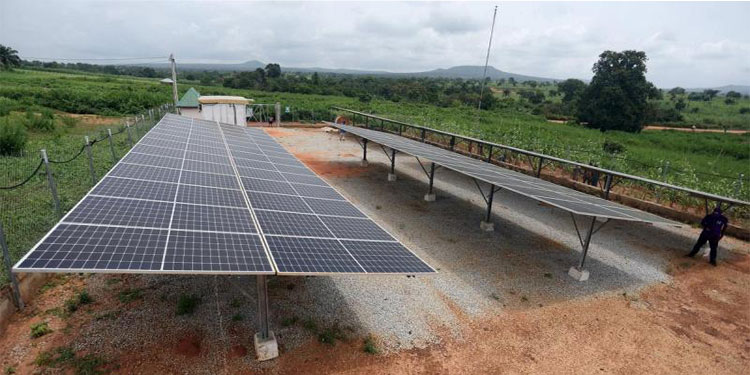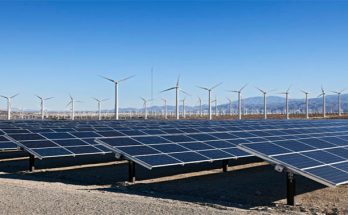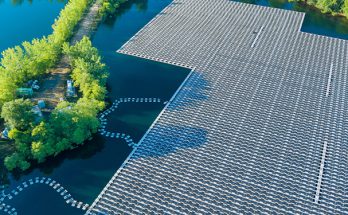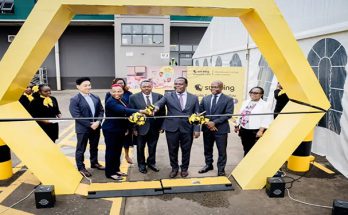
A solar power firm based in Kenya is counting on $80 million in financial support from the World Bank’s private investment arm to help it reach its goal of tripling sales in the nation with the least amount of electricity in the world over the coming years.
With full product payment extended over up to two years, Sun King has been selling solar-powered devices to African households and small companies with erratic grid connections for almost 20 years. T. Patrick Walsh, the company’s founder and CEO, told Semafor that the kits are manufactured in China and are currently offered in 11 African nations, including Nigeria, where they have sold two million kits, primarily in the previous three years.
According to Walsh, Nigeria is Sun King’s fastest-growing market and has “the lowest rates of non-payment” for its goods. The business intends to quickly expand after reaching an agreement this month for a $80 million loan between a Nigerian bank and the International Finance Corporation (IFC).
“From where we are now, we are most likely going to grow in Nigeria by at least a factor of three,” Walsh informed Semafor. Additionally, Sun King anticipates growth to accelerate in Tanzania, Malawi, and Togo, he said.
According to the World Bank and the International Energy Agency, Nigeria has the largest number of people without electricity worldwide, despite its substantial natural gas reserves. The almost 90 million Nigerians who are thought to be without electricity are the target audience for Sun King.
Its 9,000 agents are responsible for physically reaching prospective clients who reside primarily outside of Lagos and Abuja, the capital. After-sales service is provided through a network of 85 walk-in locations.
In Kenya, where an estimated one in five households use a solar product, the company replicates a model that has worked for it. Walsh is certain that “the pathway for people to get their first connection is through solar” on a continent where over half a billion people lack access to electricity, which has led to international initiatives like the Mission 300 agenda to give electricity to 300 million people in sub-Saharan Africa by 2030.



